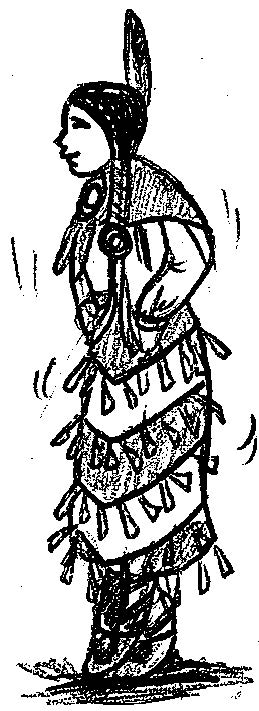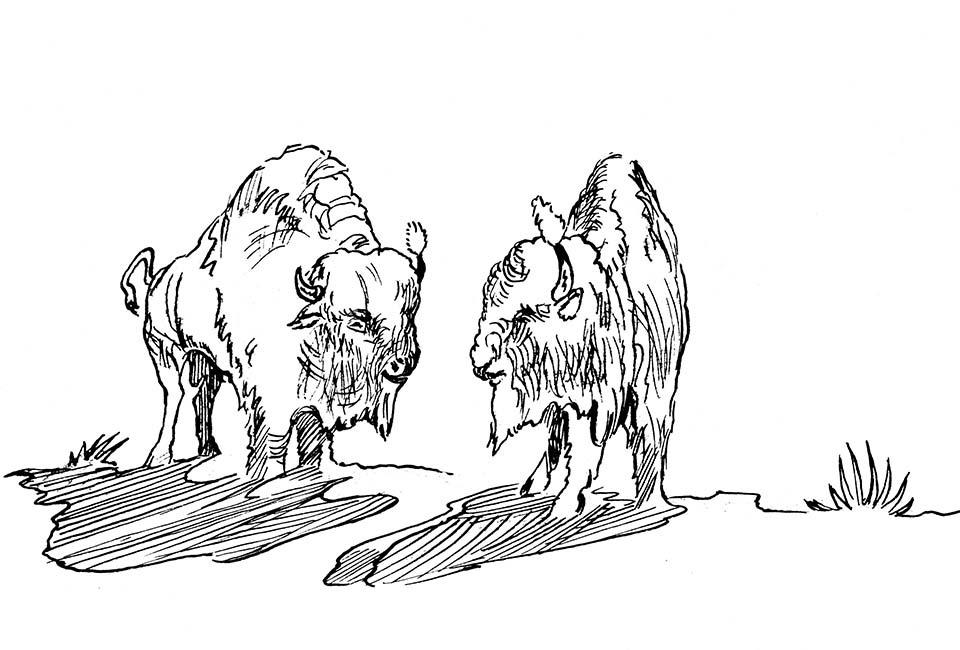Greetings
Casual Greetings
New Expressions:

New Expressions:
It’s sure good to see you!
(said to one person)
NeetAhkas 
oopiinu' 1 
oopiinu' 2 
It’s sure good to see you!
(said to several people)
NeetAhkas 
oopiinu' 
New Expressions:
Announcing Arrival
New Expressions:
⇒ Note: we‐ can be attached in front of a verb to signal the changes of situation.
• My husband, it’s sure good that you came.
nikohtaku’U, Axtoh nootunaahe tiweNAxiina.NeetAhkas 
oopiinu' 1 
oopiinu' 2 
